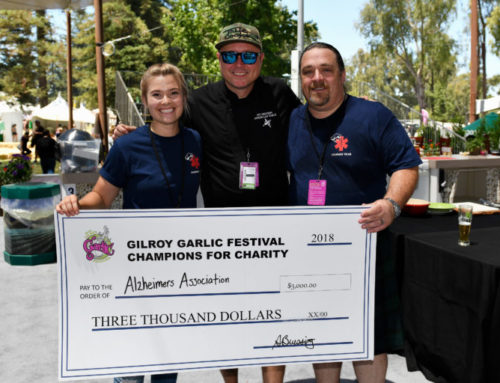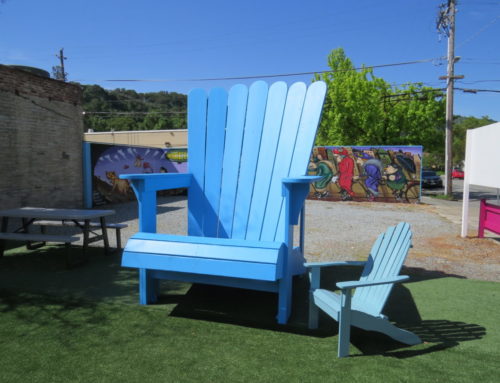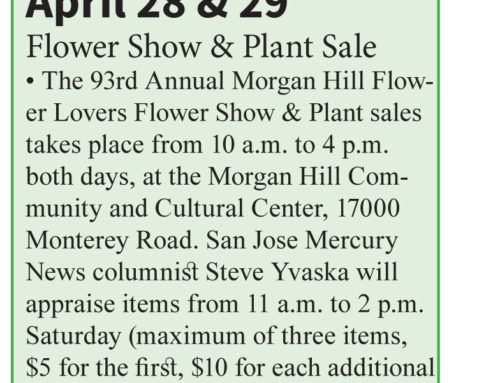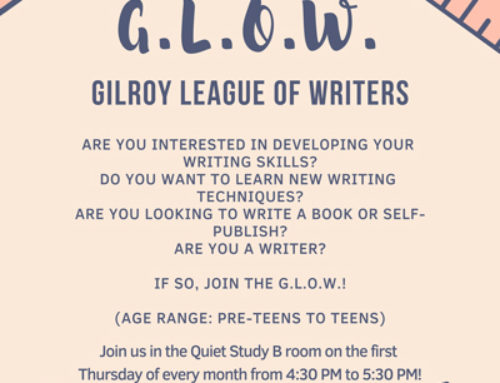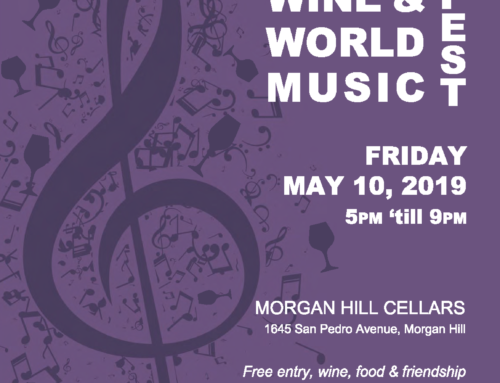Published on Page 12 of the August 21, 2013 issue of Morgan Hill Life
By Marty Cheek
“My son is going to be a newspaper man,” my father told Millard Hoyle, the publisher of the Hollister Free Lance. I can still see the scene at a potluck dinner in the meeting hall of the First Presbyterian Church of Hollister. I was a junior in high school in the mid-1980s.

Typesetter Earl Williams shows a 5-year-old Marty Cheek how a newspaper is laid out. Nursery school teacher Mrs. Stevenson oversees the tour of the Hollister Free Lance in 1972.
My journey into journalism began when I was in the Methodist Church nursery school and all the children were taken to the Hollister Free Lance office to see how newspapers are made. An aroma of ink and the thundering roar of printing machinery filled the air. I still have a photo of me watching typesetter Earl Williams prepare that day’s issue.
In fourth grade, I discovered the joys of writing and decided I wanted to be a syndicated humor columnist. The way writing is taught, it’s no wonder most people find it a tedious chore. Luckily, at an early age, I discovered the secret trick to writing. You put the right words in the right order to give the right message to the right audience. “Maybe that’s why it’s called writing,” I tell people when I share this trick.
After I graduated from high school, I attended Gavilan Community College and studied journalism and earned my associate arts degree in humanities. I edited the Gavilan Rambler student newspaper, and did some unpaid freelance work for the Hollister Pinnacle. After two years at Gavilan, I moved on to San Jose State University and earned my degree in newspaper journalism. No one warned me during my college days that news print would make a major change a few years after I graduated. In the early 1990s, this new-fangled thing called the Internet started to hit the news business, and no one working in journalism at that time really recognized how hard the impact would be.
My journalism career really started to bloom when I joined a San Jose-based news service business called Edittech International. Edittech focused on providing its international base of clients with news about the U.S. high-tech industry. Very quickly as a cub reporter there, I developed a working knowledge about computers, electronics, and telecommunication systems. Edittech International sent me to live in London and serve as its European bureau chief. It was an exciting two and a half years and I learned a lot about a lot of things.
From Edittech International and its focus on high-tech, I was fortunate enough to get a glimpse of digital journalism’s evolution. I’ve witnessed the shift that came in news reporting during the past 20 years as digital technology rapidly evolved to empower the public to get information from anywhere in the world almost instantly. Newspaper business people caught in the old-fashioned print journalism paradigm never really figured out how to take advantage of the digital publishing model that has emerged over the last two decades.
Major newspapers are folding because of the technology temblor that hit the world of journalism. But people will always need news. And the news they most need is local news that informs them of the ongoing story of their community and the people they share their community with. In recent years, the traditional newspapers that served Morgan Hill and the South Valley seem to have forgotten this fact. That’s why Robert Airoldi, the former editor of the Morgan Hill Times, and I decided to start Morgan Hill Life.
In creating Morgan Hill Life, I recalled the words that Millard Hoyle told me at that Presbyterian potluck after my dad informed him of my intentions to be a “newspaper man.” Hoyle’s advice to me probably came from his own father, who had been the Hollister Free Lance publisher before him.
A newspaper first and foremost is about people, Hoyle said. A newspaper is about protecting and enhancing the quality of life of a community for the people who live in it. Once a publisher forgets that fact, once a publisher loses the newspaper’s soul to the bottom-line and decides to disconnect the newspaper from the community, then the sad fate of that newspaper is sealed. Communities won’t support newspapers that don’t support them.
Life is funny. I never wanted to be a publisher. I always preferred hitting keys and seeing words pop up in series of sentences on a typewritten page or a computer screen. But I’m finding more satisfaction from serving the people of Morgan Hill Life as a publisher than I ever imagined I would. I have a hunch my dad and Millard Hoyle would be proud of our paper.


